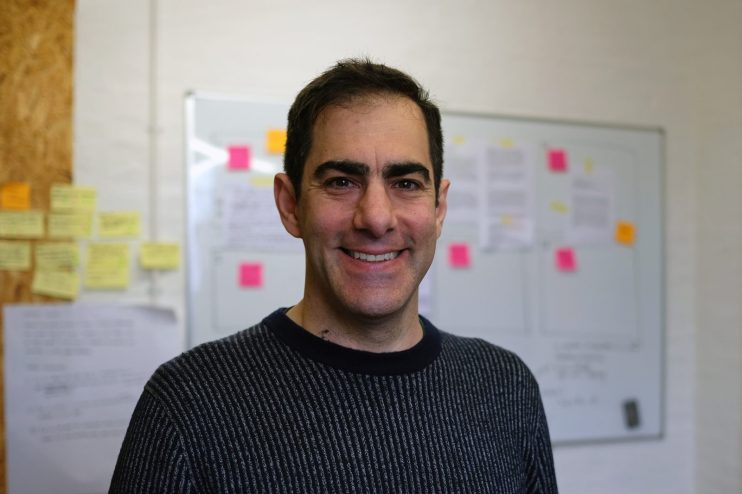Corona Impact Series: Why some City workers are retraining as childminders

In this series, City A.M. looks at the financial and economic impact of the ongoing pandemic on a range of small and medium-sized businesses across London.
“The pandemic quite understandably caused people to re-evaluate what’s important to them, and make changes to align their lives with those values. But we couldn’t have predicted quite how much of an impact that would have on our business!” says Brett Wigdortz.
Wigdortz is the founder of London-based tiney, an initiative which helps people train and qualify as professional childminders, then supports them to launch and run nurseries in their own homes. Their mission is to drive up the quality of early years education across London and the UK.
Since March of last year, they’ve received over 12,000 applications to train with them, and have seen applications from those with ‘white collar’ jobs more than double over the past year.
“Over the past twelve months, we’ve had finance directors, legal secretaries, bankers, and even a diamond dealer sign up to retrain as early years educators”, said Wigdortz, who founded the startup after 15 years at the helm of graduate teaching charity Teach First.
He believes there are many reasons why London’s high-powered City workers are deciding they’re better suited to a more altruistic career: the desire for more flexibility and empowerment over their schedule, the ability to work from home long-term, and wanting to make a difference to the next generation.
Wigdortz explains that “for some, the past year has meant being able to fit work around their own childcare responsibilities; something they’re not willing to give up when offices reopen.
For others, the prospect of going back to ‘normal’ made them question the fulfillment offered by the corporate world.”
But whilst tiney has seen a huge surge in applications, the pandemic has marked a crisis point for the wider childcare industry.
Less nurseries
Within the next year, two thirds of nurseries in London are predicted to shut their doors for good, leaving what Wigdortz describes as a “huge void” in the early years sector at a time when under-5s are in desperate need of first-class early years support.
“By providing the training and support needed to create a new generation of childminders and drive up the standards in early years education, we’re hoping to accomplish two key objectives.”
The first issue is the lack of access to quality, education-led care for under 5s.
During his time at Teach First, Wigdortz encountered Reception age children who didn’t know how to play, hold conversations, or socialise with others. This shows the impact early years education, or lack of it, can have.
By the age of 5, there’s already a 4.3 month development gap between disadvantaged children and their better-off peers. This gap persists right through a child’s education.
“Childminders can play an utterly formative role in a child’s development, helping to guide them through a time which will either set them up for future successes or hinder them for years to come”, he reflects.
“It’s a huge responsibility, which requires a particular set of skills and truly special qualities. Historically, the vital role of childminders has been massively undervalued.”
Which leads to the second part of Wigdortz’s mission: helping to reform the outdated view of the industry.
“All too often, childminders simply aren’t afforded the same respect given to teachers. And they certainly aren’t awarded the same pay. Instead, they’re often seen as glorified babysitters, which is insulting for what are highly-skilled, trained and regulated professionals.”
But Wigdortz hopes that his new generation of childminders will help to change these outdated views.
He points out that if the pandemic has given us anything, it’s a newfound respect for unsung heroes across the workforce.
“During the period that schools were closed, parents across the country got a taste of what it’s like to be a teacher – it’s not easy! I hope that moving forward we can extend this recognition to childminders also.” After all, he says, “they are the gatekeepers to a brighter future for the next generation.”